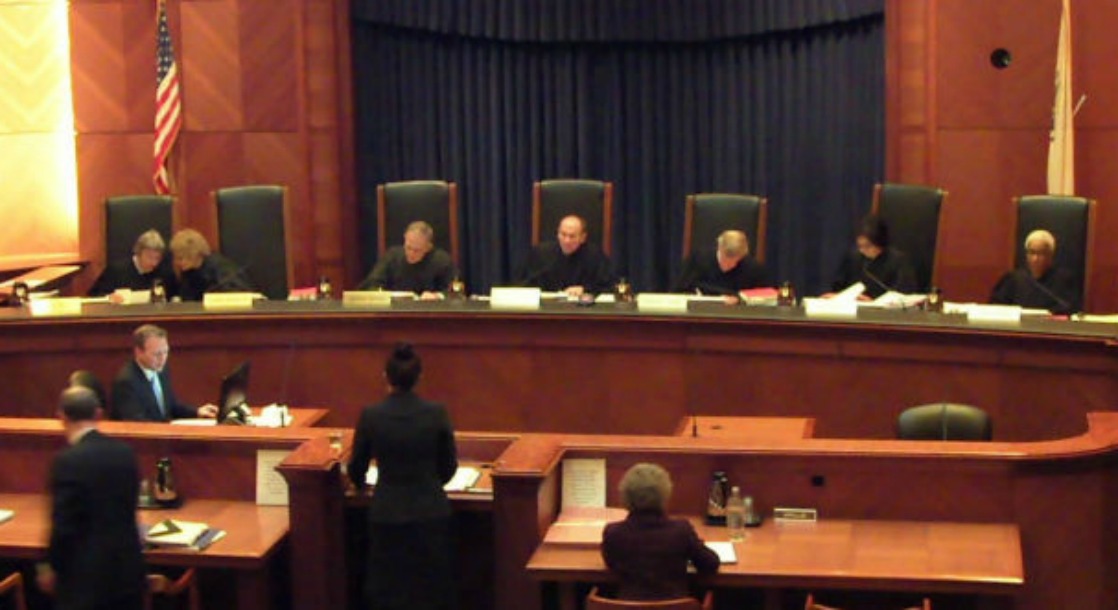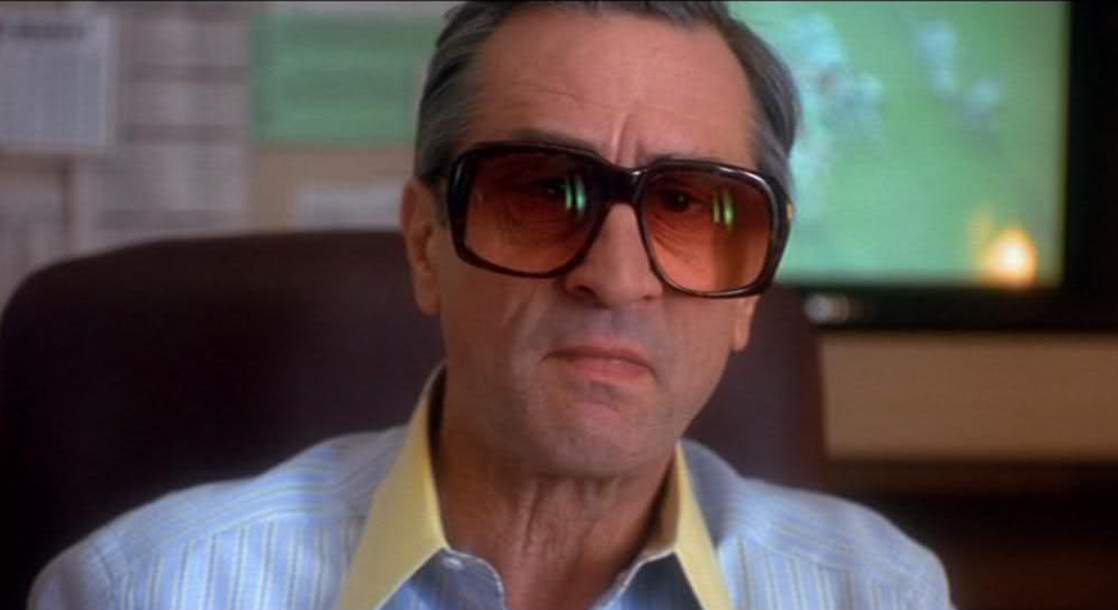Governor Charlie Baker finally set Massachusetts first recreational cannabis regulations this week, signing a piece of legislation that will keep the impending legal weed industry on pace to debut next year. But while things are looking up for the recreational side of Massachusetts’ cannabis, a set of unclear home-grow regulations still in place from the state’s 2013 medical marijuana initiative will be tested by the Bay State’s highest court.
According to the Boston Herald, the Massachusetts Supreme Judicial Court will hear a case looking to clarify the state’s inconsistent in-home cultivation laws that allow licensed patients to grow enough plants to yield no more than 10 ounces of smokeable marijuana per 60 days. Because the law doesn’t specify an exact number of plants, and every grow garners different results, enforcement of the MMJ regulations have been left to the untrained discretion of local police, prosecutors and juries.
“This is an area of the law that is unclear, that is unconstitutionally vague, and as a result our client’s rights were violated,” Allison Callahan, the attorney who brought the cannabis case to the Supreme Judicial Court, said.
Callahan’s case stems from the arrest and prosecution of Joshua Richardson, a Framingham, MA medical marijuana patient who called local police to report a home invasion in 2013. When cops arrived at his home, they found 22 cannabis plants and, instead of investigating the break in, arrested Richardson and charged him with distributing marijuana, despite his medical paperwork and contention that the pot was for personal use.
In court, an officer testified that the plants would yield “much more” than 10 ounces every two months. Richardson’s lawyer and a cannabis expert called to testify each cited sub-standard growing conditions, unclear plant genders and a number of other factors to propose that no one can be sure how much the plants would produce, but to no avail. Richardson was convicted in August of 2015 and sentenced to 18 months in lock-up.
Now, to hopefully prevent any further court-room gram guesstimates, Callahan will go in front of Massachusetts highest court and argue for a set of clear, concrete medical marijuana home-grow regulations. Callahan contests that the current laws are “unconstitutionally vague” and leave patients “open to prosecution if they mistakenly grow too many plants or yield too much marijuana.”
“These basic policy decisions were impermissibly left in the hands of police, judges and the jury,” Callahan wrote.
The case is the second medical marijuana case heard by the Massachusetts Supreme Judicial Court just this month, after the judges ruled in favor of a Bay State resident who was fired after testing positive for cannabis, despite her status as a state-approved MMJ user.
The MMJ employee drug test ruling has already opened the door for wrongfully terminated patients to properly defend themselves in court. And if you ask Michael Maloney, a criminal defense attorney who also specializes in marijuana compliance, the home-grow case also has the ability to further shake up the state’s still-unclear medical cannabis program.
“Realistically the law has to provide more clarity for patients,” Maloney said. “This is a strong, credible case.”
A positive outcome, Maloney proposes, could “have an enormous ripple effect in the cannabis industry.”



![Snoop Dogg Plays Madden 20 in the GGL V Championship Presented by Blue River Terps [Part 2]](https://merryjane.com/wp-content/uploads/2024/04/1575573784328_PART2Thumbnail.jpg)







